Seasonal shifts come with a range of irritants that can make life unbearable for a while. Fortunately, there are strategies that you could implement to safeguard your health when allergies are on the rise. Here are some easy tips that will help keep your environment and yourself healthy and protected.
Clean and Vacuum Often
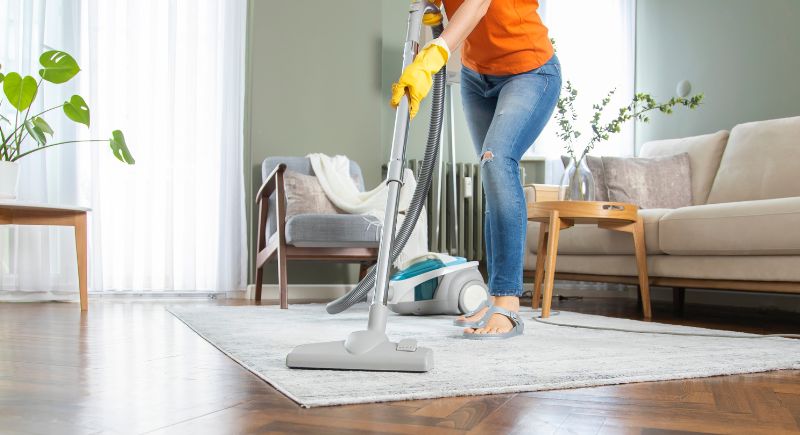
Keeping your home truly clean during allergy season requires deep cleaning. Allergens like dust mites, pet dander, and pollen settle into rugs, upholstery, and corners faster than you think. A vacuum with a HEPA filter is a must. It traps microscopic particles instead of sending them back into the air. Aim for a couple of passes a week, and don’t forget baseboards, curtains, and vents—those quiet spots are magnet zones for allergens.
Get an Air Purifier
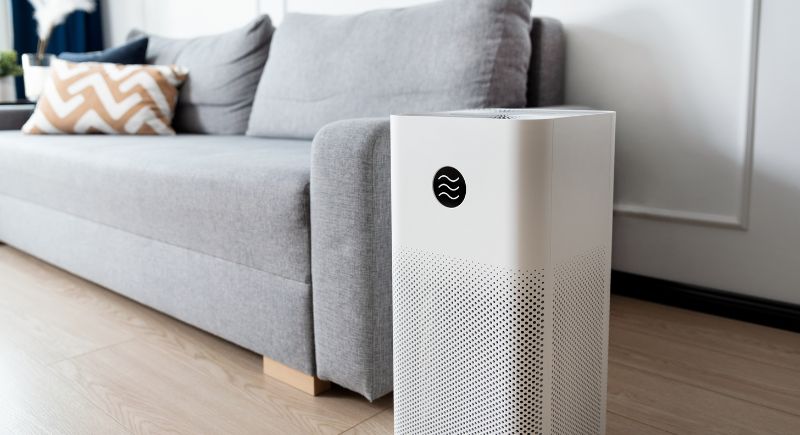
If you’ve never used one, an air purifier can quietly become your best ally. Look for one with a true HEPA filter and keep it in your bedroom or the room where you spend the most time. These machines help pull pollen, mold spores, and other irritants out of the air. But the filters don’t last forever. Mark your calendar because once they’re clogged, they’re just moving air, not cleaning it.
No Pets in the Bedroom

You love your dog—but during allergy season, love needs boundaries. Your bedroom should be an allergy-free zone, and that means no paws on the pillows. Pet dander, fur, and pollen hitchhike in on their coats. Use zippered, allergen-proof covers on pillows and mattresses, wash bedding weekly in hot water, and set up a cozy sleeping space for your pet elsewhere. You’ll both rest better, even if it takes a few days of protest whining to adjust.
Wipe Off Pollen from People and Pets
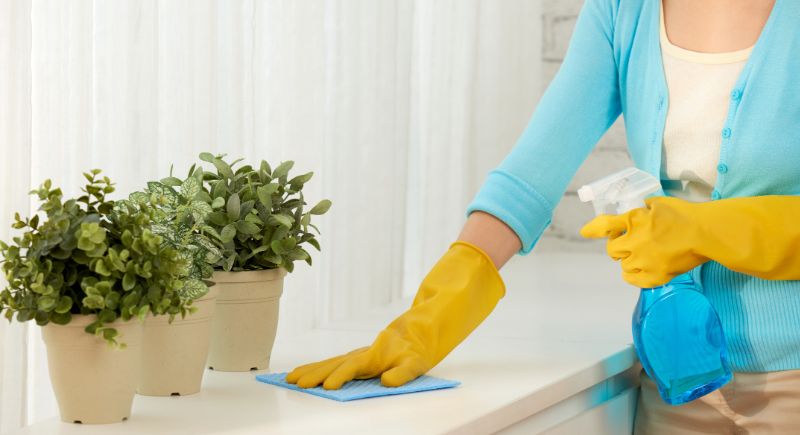
Every time you or your pets come in from outside, you’re bringing the outdoors in—literally. Pollen clings to jackets, shoes, hair, and fur like glitter after a craft fair. Set up a “de-pollen” station by the door: a place to kick off shoes, hang outerwear, and keep pet wipes handy. Give your dog a quick rubdown before they roam the house.
Install Window Screens (and Clean Them)
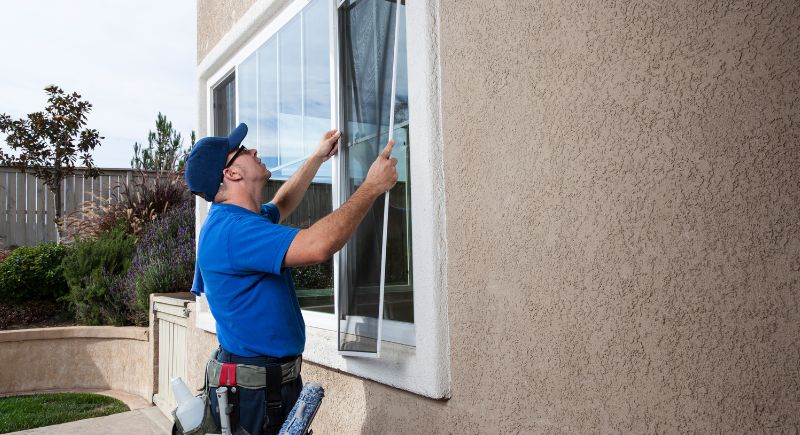
Fresh air is great, but not when it drags allergens in with it. Fine-mesh window screens are your first line of defense during breezy spring days. They catch airborne particles before they sneak inside. Do remember, though, that screens gather buildup over time. Clean them with a gentle brush or hose every few weeks during high pollen season. You’ll breathe easier knowing your “fresh air” isn’t full of irritants.
Avoid Touching Your Face

When allergies flare up, itchy eyes and runny noses become second nature. But rubbing your face just makes things worse—especially if you’ve been outside or handling pets. Wash your hands frequently and try using a clean, damp cloth to gently dab irritation away. Breaking the face-touching habit is tough, but your sinuses will thank you.
Wear a Mask Outside on High-Pollen Days
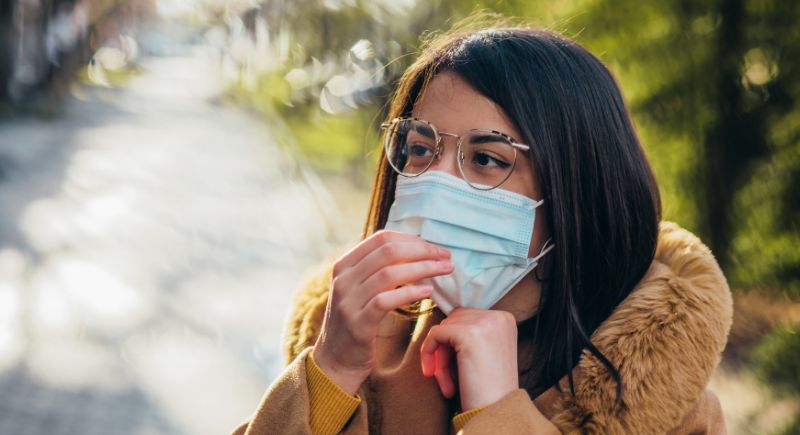
Masks may have become everyday wear in recent years, but they’ve long been used by allergy sufferers for a reason. On high-pollen days, wearing a lightweight mask while gardening or walking the dog can help block airborne irritants. You don’t have to wear one 24/7—but for yard work, outdoor chores, or park visits, it’s worth the added layer of defense.
Keep Car Windows Closed

That breeze might feel great, but it’s a fast track for pollen, dust, and exhaust fumes. During allergy season, keep the windows up and use your car’s air conditioning system with the recirculate setting turned on. It filters the air already inside instead of pulling in new irritants from the road.
Avoid Line-Drying Clothes Outdoors
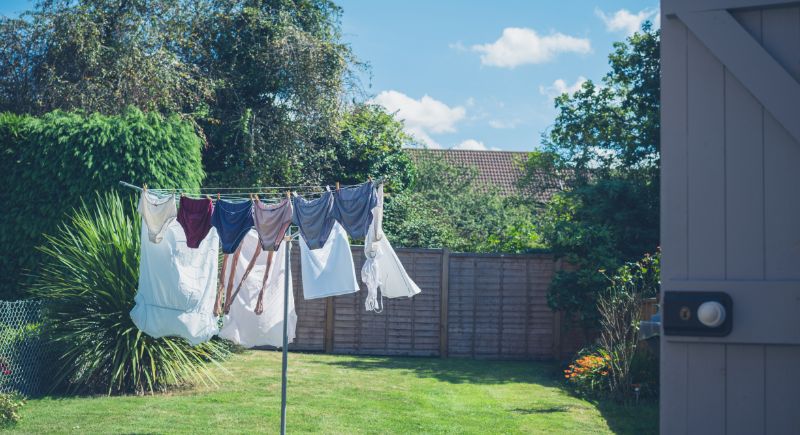
Sheets that dry outside eventually become wrapped with pollen. During allergy season, ditch the clothesline. Use a dryer or hang clothes indoors to dry. Wrapping yourself in allergens every night isn’t the best plan for restful sleep.
Water the Garden Strategically
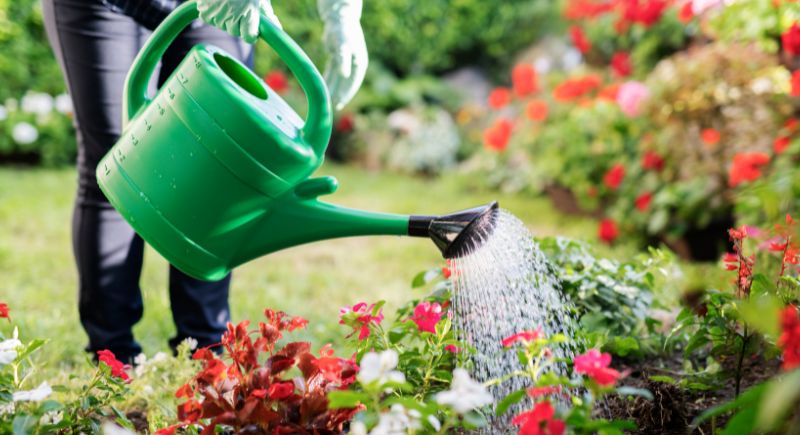
Lightly watering your garden in the early morning or evening tamps down loose pollen and dust that would otherwise float into the air—and into your lungs. Keep the hose handy, especially during dry, windy days when allergens like to roam.
Wear Sunglasses and Hats Outdoors

Protecting your face from the sun is smart—but during allergy season, shades and a hat also block pollen. Sunglasses shield your eyes from airborne irritants, while a hat helps keep particles out of your hair.
Drink Plenty of Water

Hydration might not seem like an allergy fix, but it helps your body function more efficiently. Water thins mucus, flushes irritants, and keeps sinuses from drying out. Keep a refillable bottle nearby and aim for at least eight glasses a day.
Change Air Filters Often
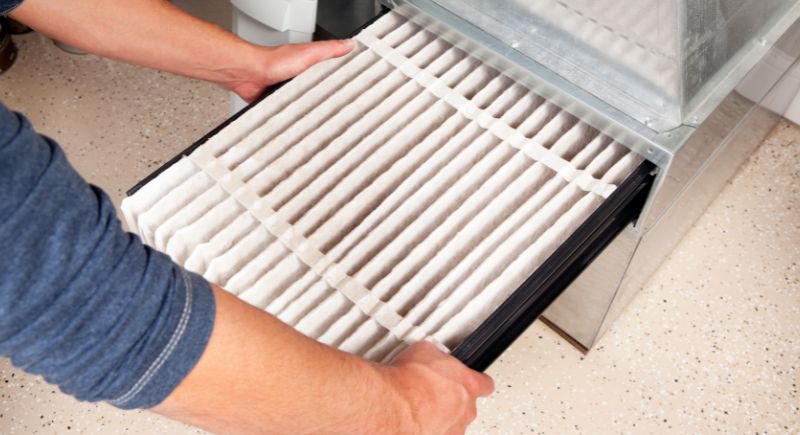
A dusty, clogged HVAC filter can turn your allergy refuge into a trigger zone. Every 2–3 months (or monthly during high pollen season), swap in a fresh filter. Choose one rated for allergen reduction, and you’ll notice the difference—not just in how your air smells, but in how your nose feels.